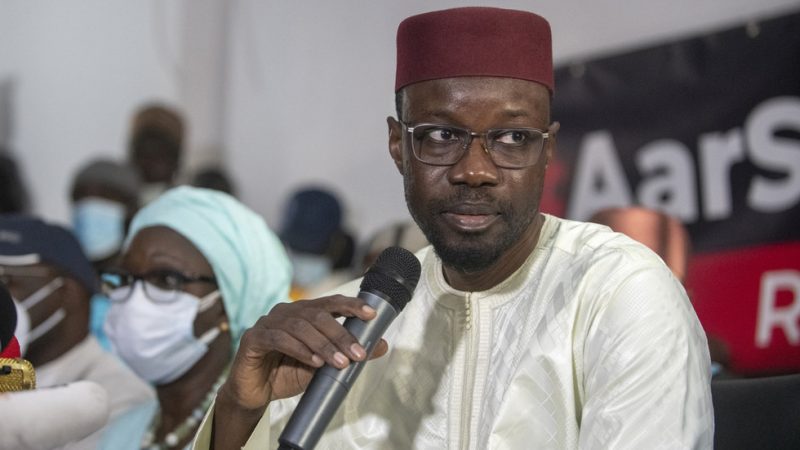
In a significant development shaking the political landscape of West Africa, Senegalese Prime Minister Ousmane Sonko has announced the expulsion of all foreign troops from the country. This decisive action underscores a growing sentiment across the continent regarding national sovereignty and the rejection of external military influence. Sonko’s statement wasn’t merely a declaration; it was a call to action, urging fellow African nations to stand firm in their own assertions of independence and self-determination.
The implications of this move are far-reaching. For years, the presence of foreign military personnel in various African countries has been a subject of debate, with concerns raised about neo-colonialism and the erosion of national autonomy. Sonko’s decision, therefore, is likely to resonate deeply with those who champion a more independent Africa, free from external interference in its internal affairs. It remains to be seen how other nations will respond to this bold challenge to the established order.
While the specific reasons behind Sonko’s announcement haven’t been fully detailed, it’s clear that this is a statement of intent – a powerful assertion of Senegal’s right to govern itself without external military presence. The move will undoubtedly be analyzed from various perspectives, with some praising it as a necessary step towards true independence, while others may express concerns about potential security implications. The coming days and weeks will be crucial in observing the ripple effects of this dramatic decision across the African continent and the international stage.
The Prime Minister’s call for other African nations to follow suit is particularly noteworthy. It suggests a broader movement towards a more unified and self-reliant Africa, one that prioritizes its own interests and security above those of external powers. This is a significant shift in the narrative, challenging the traditional dynamics of power and influence in the region. The success of this call will depend on the willingness of other African leaders to embrace a similar path, prioritizing national sovereignty and cooperation among African states.
This event marks a pivotal moment in the ongoing conversation about African independence and the role of foreign powers on the continent. It will be fascinating to observe the unfolding consequences of Senegal’s bold move and the wider implications for the future of Pan-Africanism.










